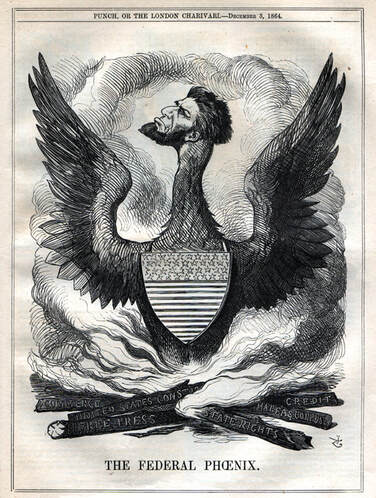
Early in the war, President Lincoln faced many difficulties due to the fact that Washington was located in slave territory. Although Maryland did not secede, Southern sympathies were widespread. On April 27, 1861, Lincoln suspended the writ of habeas corpus between Washington, D.C., and Philadelphia to give military authorities the necessary power to silence dissenters and rebels. Under this order, commanders could arrest and detain individuals who were deemed threatening to military operations. Those arrested could be held without indictment or arraignment.
On May 25, John Merryman, a vocal secessionist, was arrested in Cockeysville, Maryland. He was held at Ft. McHenry in Baltimore, where he appealed for his release under a writ of habeas corpus. The federal circuit court judge was Chief Justice Roger B. Taney, who issued a ruling, Ex parte Merryman, denying the president’s authority to suspend habeas corpus. Taney denounced Lincoln’s interference with civil liberties and argued that only Congress had the power to suspend the writ.
Lincoln did not respond directly to Taney’s edict, but he did address the issue in his message to Congress that July. He justified the suspension through Article I, Section 9, of the Constitution, which specifies a suspension of the writ “when in cases of rebellion or invasion the public safety may require it.”
Although military officials continued to arrest suspected Southern sympathizers, the incident led to a softening of the policy. Concern that Maryland might still secede from the Union forced a more conciliatory stance from Lincoln and the military. Merryman was remanded to civil authorities in July and allowed to post bail. He was never brought to trial, and the charges of treason against him were dropped two years after the war.
 RSS Feed
RSS Feed